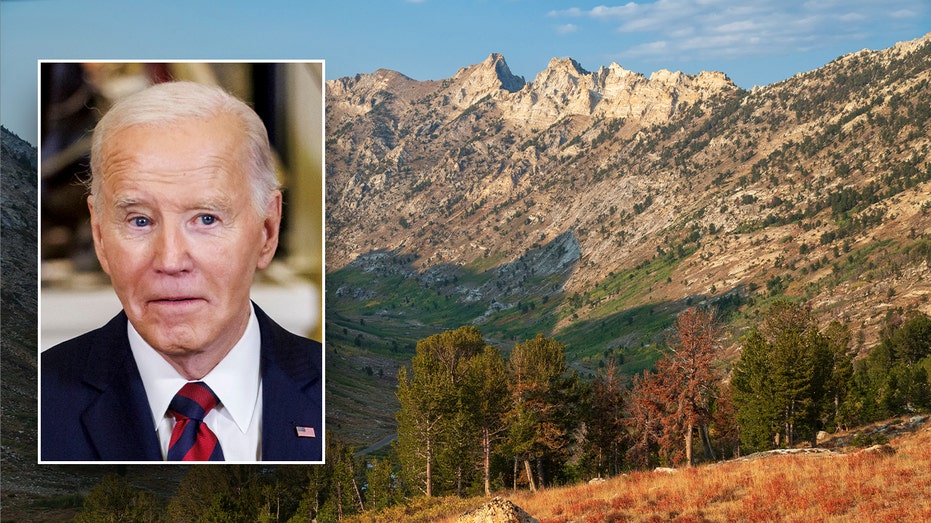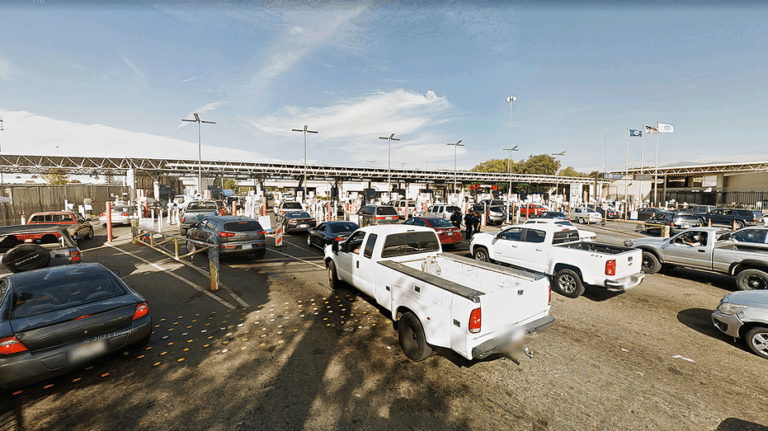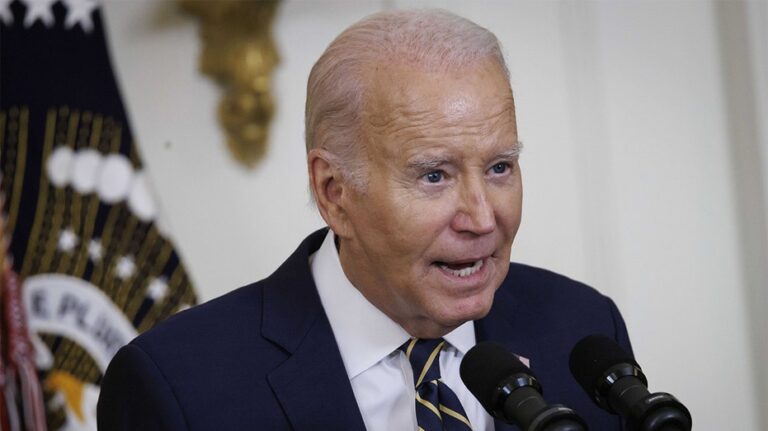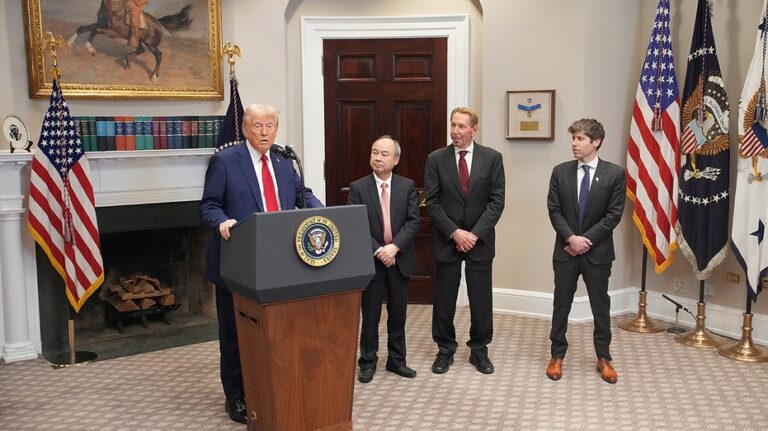
The Biden administration is attempting to implement last-minute restrictions on oil and gas drilling in the west just weeks before President-elect Donald Trump’s inauguration.
On Monday, the Department of the Interior announced plans to pursue a 20-year ban on oil and gas leases in 264,000 acres of Nevada’s Ruby Mountains.
The administration submitted an application to withdraw the acreage from any potential leasing, which initiated a two-year ban on new mineral leases in the area during the approval process. The proposal now heads into a 90-day public comment period, which will fall under the Trump administration.
“The Ruby Mountains are an iconic landscape with exceptional recreation opportunities and valuable fish and wildlife habitat worth preserving for the future,” Agriculture Secretary Tom Vilsack said in a statement. “Today’s action honors the voices of Tribal communities and conservation and sportsmen’s groups and marks another important step to protect a treasured landscape.”
‘WRONG-HEADED’: ENERGY INDUSTRY LEADERS BLAST BIDEN ADMIN REPORT ON NATURAL GAS EXPORTS
The Biden administration’s lease limitation does not put restrictions on mining in the region.
SCOTUS HEARS ARGUMENTS IN CASE THAT COULD RESHAPE ENVIRONMENTAL LAW
During Trump’s first administration, the Forest Service conducted a study to determine whether 54,000 acres could be leased for oil and gas drilling in the Ruby Mountains.
The proposal was eventually rejected in 2019 after the public comment period saw “thousands of comments from the local area, the state of Nevada, and from across the nation” opposing the idea, according to William Dunkelberger, the forest supervisor who signed the decision.
Jenna Padilla, the geologist for the Humboldt-Toiyabe Ruby Mountains ranger district at the time, said that geological surveys “show there is low to no potential for oil” in the region, the LA Times reported in 2018.
It is unclear whether the Trump administration will consider potential leases in the region, but such actions could face roadblocks following the Biden administration’s new proposal.
The Biden administration is attempting to implement last-minute restrictions on oil and gas drilling in the west just weeks before President-elect Donald Trump’s inauguration.
On Monday, the Department of the Interior announced plans to pursue a 20-year ban on oil and gas leases in 264,000 acres of Nevada’s Ruby Mountains.
The administration submitted an application to withdraw the acreage from any potential leasing, which initiated a two-year ban on new mineral leases in the area during the approval process. The proposal now heads into a 90-day public comment period, which will fall under the Trump administration.
“The Ruby Mountains are an iconic landscape with exceptional recreation opportunities and valuable fish and wildlife habitat worth preserving for the future,” Agriculture Secretary Tom Vilsack said in a statement. “Today’s action honors the voices of Tribal communities and conservation and sportsmen’s groups and marks another important step to protect a treasured landscape.”
‘WRONG-HEADED’: ENERGY INDUSTRY LEADERS BLAST BIDEN ADMIN REPORT ON NATURAL GAS EXPORTS
The Biden administration’s lease limitation does not put restrictions on mining in the region.
SCOTUS HEARS ARGUMENTS IN CASE THAT COULD RESHAPE ENVIRONMENTAL LAW
During Trump’s first administration, the Forest Service conducted a study to determine whether 54,000 acres could be leased for oil and gas drilling in the Ruby Mountains.
The proposal was eventually rejected in 2019 after the public comment period saw “thousands of comments from the local area, the state of Nevada, and from across the nation” opposing the idea, according to William Dunkelberger, the forest supervisor who signed the decision.
Jenna Padilla, the geologist for the Humboldt-Toiyabe Ruby Mountains ranger district at the time, said that geological surveys “show there is low to no potential for oil” in the region, the LA Times reported in 2018.
It is unclear whether the Trump administration will consider potential leases in the region, but such actions could face roadblocks following the Biden administration’s new proposal.





